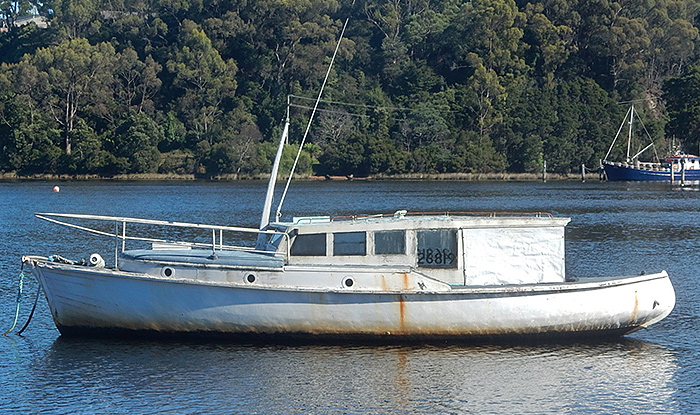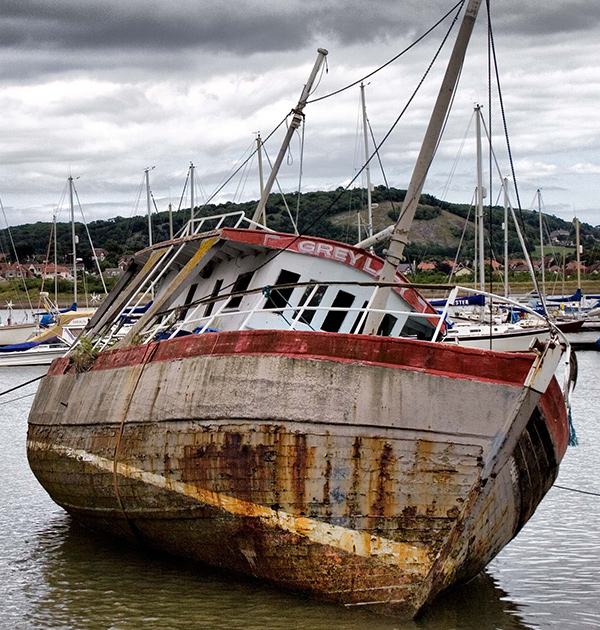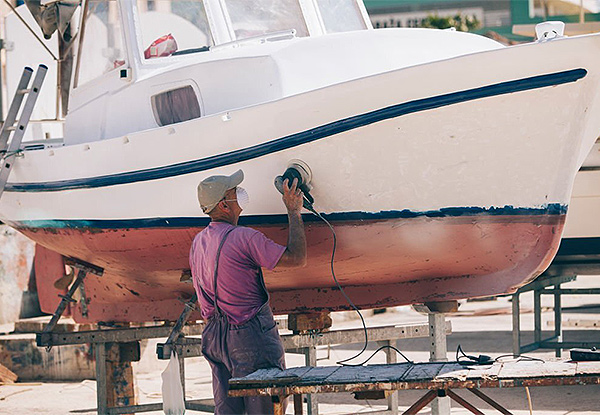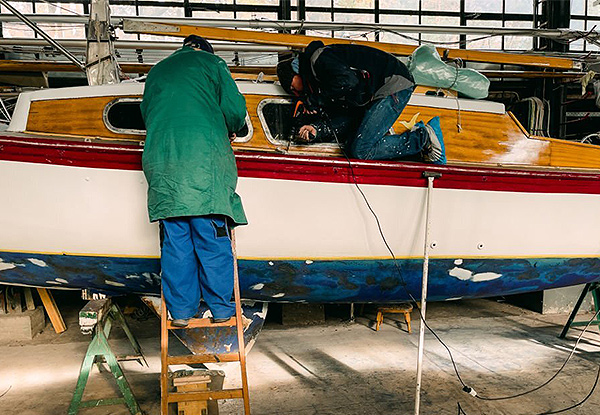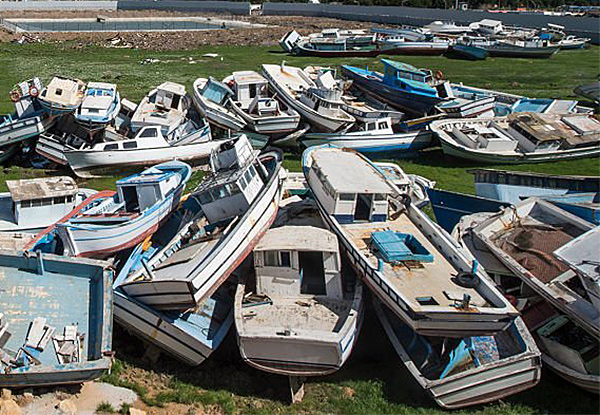Owning a boat can provide unforgettable experiences, but there comes a time when even the sturdiest vessels reach the end of their operational lifespan. Whether due to age, irreparable damage, or a desire to upgrade, disposing of an old boat can be challenging. However, before considering the scrapyard as the only option, several alternatives exist.
So, what to do with an old boat? This article will discuss various creative and practical solutions for dealing with an old boat. From repurposing and recycling to donation and restoration, let’s explore the possibilities and find the best path for your retired vessel.
Contents
Assessing the Boat’s Condition
Before diving into disposal action, it is crucial to assess the condition of the old boat. This evaluation will help determine the viability of different solutions. Factors to consider include the boat’s structural integrity and overall maintenance requirements. Here are some additional details to consider when assessing the boat’s condition:
Structural Integrity
Inspect the boat’s hull, deck, and superstructure for any signs of damage, including cracks, rot, or delamination. Look for any signs of water intrusion, such as soft spots or blisters on the fiberglass. Assess the overall strength and stability of the boat’s structure.
Engine and Mechanical Components
Evaluate the condition of the boat’s engine, propulsion system, and other mechanical components. Consider factors such as hours of operation, maintenance history, and any recent repairs or replacements. Determine if the engine and related systems are functional or if they require extensive repairs.
Electrical and Plumbing Systems
Check the boat’s electrical and plumbing systems for functionality. Inspect wiring, switches, lights, pumps, and other electrical components. Assess the condition of plumbing lines, tanks, and fittings. Determine if these systems require repairs or replacements.
Interior and Amenities
Examine the boat’s interior, including seating, upholstery, cabinetry, and amenities such as kitchen appliances, toilets, and showers. Consider the overall condition and functionality of these features. Determine if refurbishment or replacement is necessary.
Safety Equipment
Evaluate the presence and condition of safety equipment, including life jackets, fire extinguishers, navigation lights, and distress signals. Ensure that the boat complies with safety regulations and standards.
Maintenance History
Review the boat’s maintenance records to understand its past upkeep. Regular maintenance indicates that the owner has taken care of the boat, potentially increasing its value or viability for restoration.
Cost Analysis
Consider the financial implications of restoring or repairing the boat. Get professional estimates to determine the potential costs of bringing the boat back to a usable condition. Compare these costs with the value or utility the boat may offer after restoration.
Restoration and Renovation
Restore and Personal Use
If the boat holds sentimental value or has a solid foundation, consider restoring it for personal use. Restoring a boat can be rewarding, allowing you to revive its former glory while customizing it to your preferences.
Sell the Boat
If the boat is in good condition, selling it can be viable. Online marketplaces, classified ads, and boat dealerships are excellent avenues to connect with potential buyers who may be interested in restoring or repurposing the vessel.
Donate the Boat
Non-profit organizations, sailing schools, or charitable foundations may be interested in accepting boat donations. Donating your old boat supports worthy causes and provides tax benefits in many jurisdictions.
Repurposing and Creative Alternatives
Floating Accommodation
Transform your old boat into a unique floating accommodation option. Convert it into a houseboat, a cozy vacation retreat, or a bed and breakfast. This repurposing idea offers a chance to explore the booming alternative accommodation market.
Floating Art Installation
Old boats can be transformed into captivating art installations. Think outside the box and collaborate with local artists to create eye-catching sculptures or interactive exhibits that breathe new life into your boat.
Floating Garden or Greenhouse
Convert your boat into a floating garden or greenhouse. This option allows you to indulge your green thumb while repurposing the vessel in an environmentally friendly manner.
Recycling and Disposal
If you want to learn how to get rid of an old boat, you must know how to recycle or dispose of the boat properly. Please find below the different ways to do it.
Boat Recycling
Recycling facilities can help dispose of old boats responsibly, ensuring that valuable materials are salvaged. Many boat parts, including fiberglass, aluminum, and steel, can be recycled and repurposed for other manufacturing processes.
Salvage Yards
Salvage yards specialize in dismantling and reusing boat components. Selling your old boat to a salvage yard ensures that salvageable parts are properly utilized, reducing waste and minimizing environmental impact.
Professional Disposal Services
In cases where recycling or repurposing is not feasible, professional boat disposal services can be engaged. These services specialize in environmentally friendly boat dismantling and disposal, ensuring the proper handling of hazardous materials.
Conclusion
The possibilities are vast when faced with the challenge of what to do with an old boat. You can find a suitable path forward by assessing the boat’s condition and exploring different options. Whether it’s restoring the vessel for personal use, repurposing it creatively, or responsibly recycling, each choice has its own merits.
The key lies in finding the best balance between sentimental value, environmental impact, and practicality. With ingenuity and resourcefulness, you can bid farewell to your old boat while embracing new opportunities and ensuring a sustainable future.

